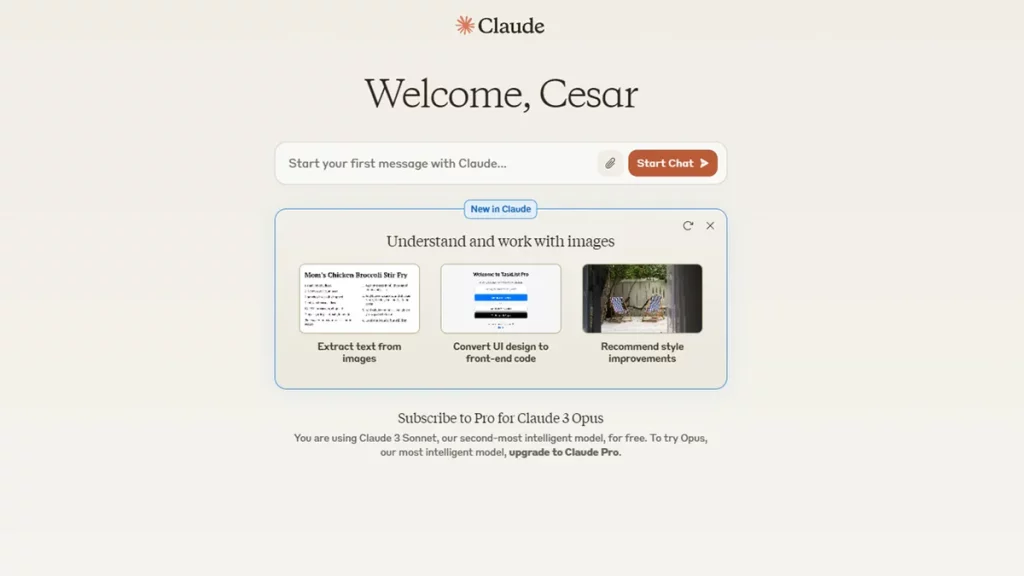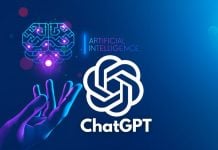A new challenger has emerged to shake up the landscape of AI and chatbots. Anthropic, an AI startup, has unveiled its “Claude 3” family, a trio of large language models (LLMs) claiming to surpass Google’s Gemini and OpenAI‘s ChatGPT in various benchmarks.
Claude 3 has three different variations: Haiku, Sonnet and Opus
Claude 3 comes in three distinct flavors: Haiku, Sonnet, and Opus, each offering varying levels of capability. Anthropic boasts that the entire family delivers exceptional performance across multiple dimensions – multimodality (handling different data types), improved accuracy, enhanced context understanding, and faster response times. Additionally, the new models exhibit a greater willingness to tackle challenging questions, addressing a limitation found in earlier Claude versions that sometimes shied away from prompts deemed risky.

While all three models offer a significant performance boost, Opus takes center stage as the most potent member of the family. Anthropic claims it demonstrates “near-human levels of comprehension” for complex tasks, further showcasing its capabilities through a “Needle in a Haystack” evaluation, where it excelled at recalling information with near-perfect accuracy. Opus is also touted as a problem-solving whiz, adept at handling math challenges, generating computer code, and exhibiting superior reasoning abilities compared to GPT-4.
However, no technology is perfect, and Claude 3 is no exception. While Anthropic emphasizes improved accuracy, the issue of “hallucinations” – factually incorrect information generated by the models – persists, albeit at a significantly reduced rate compared to previous iterations. Additionally, Opus encounters some lag in responding to queries, exhibiting speeds comparable to the earlier Claude 2 model.
Despite these limitations, Haiku and Sonnet each have their own strengths. Haiku shines in delivering quick responses and extracting information from unstructured data, although it might stumble when faced with complex math problems. Sonnet, a larger-scale model, aims to assist users with mundane tasks, even parsing text from images. Opus, on the other hand, is ideally suited for handling large-scale operations.
Currently, Sonnet and Opus are available for purchase, while a free version of Claude remains accessible on Anthropic’s website. Haiku’s launch date is still under wraps, but the company assures a soon-to-come release. The primary target audience for Claude 3 appears to be businesses seeking to automate specific workflows. Users will likely encounter these models integrated into online chatbots.
RELATED:
- ChatGPT will Now Remember Things You Talked About
- Here’s how to run ChatGPT voice assistant on your Nothing Phone
- Xiaomi 13 Ultra Premium Camera Phone is now only $799
- Xiaomi Band 8 Genshin Impact custom edion get a huge discount.
- Lenovo Legion Y700 2023: Save $100 on this 8-inch gaming Android tablet
(Via)







